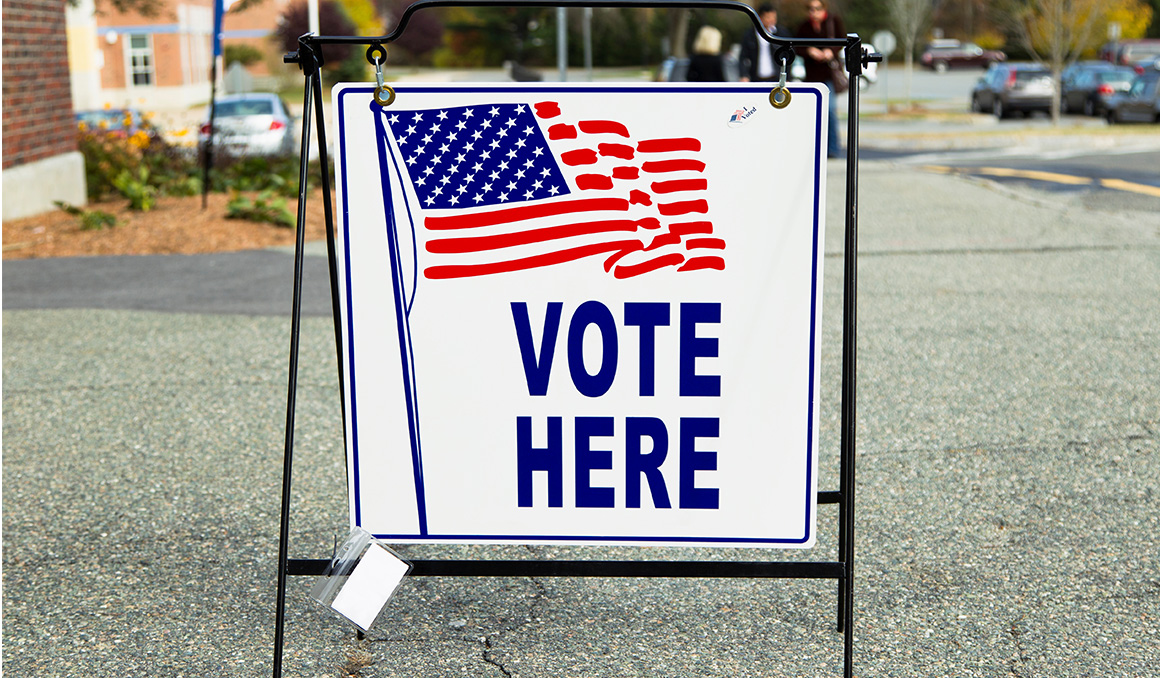Professing evangelical David French made heads spin recently when his New York Times opinion article claimed that the way to save conservatism was to elect Kamala Harris, the most radical pro-abortion candidate for president in U.S. history.
French is not alone. A stream of faith leaders have lined up behind leftist issues, such as climate change, ongoing vaccinations, and immigration, giving them the weight of gospel imperatives good Christians should support.
“What gives?” asks the rank-and-file church member in the pew. How have we come to a place where Christians are too intimidated to talk about topics where Christianity has much to say — such as sexuality and the sexes — and instead push the same narrative heard on any major network? To put it simply, why are Christians carrying water for the left?
Since the 2020 summer of “peaceful” riots, many people of faith have felt the leftward drift in Christian institutions. When journalist Megan Basham exposed how a group like The After Party funded its existence through grants from secular foundations unsympathetic to the faith itself, warning bells went off. But when her book Shepherds For Sale was published in July, an even bigger picture emerged.
So-called progressives see evangelicals and the churches and organizations they represent as the country’s largest religious voting bloc. For the left, the church is a cultural holdout to be colonized and recruited, a fortress to be infiltrated and won over. Or as American Reformer Contributing Editor Mike Sabo explains, “the leading concerns of the regime [are effectively recast as] ‘Gospel issues,’ making it safe for Christians to vote for Democrats.”
The startling revelation in Basham’s reporting is how left-leaning foundations use financial grants to woo Christian ministries and organizations by offering money and influence to do their bidding. This is a historic departure from the way Christian organizations have been funded in the past, one that seasoned leaders (including my husband) find alarming. There are a couple of effective means by which Christian groups are being enlisted to promote leftist causes.
Weaponizing Compassion
“Love your neighbor” is the most basic of Christ’s commands. Charges of being called a “hater” or a “bigot” strike at the heart of what Christians rightly hold dear. But compassion in the hands of “progressives” is a highly selective tool.
The church has been unprepared for the shameless manipulation of the left as it uses “compassion” to silence dissent and make good people fall in line. The examples are legion.
The Evangelical Immigration Table, with funding from leftists, sold the line that welcoming endless streams of illegal immigrants — including those from Venezuela — was the way to love your neighbor. Oddly missing is compassion for neighbors next door whose lost jobs and inability to buy a house are affected by unbridled immigration. Or how about neighbors suffering violence by Venezuelan gangs in Aurora, Colorado?
It’s a new low when even Gavin Newsom co-opts the words of Jesus — “Love your neighbor” — to plaster billboards in Texas wooing women to his up-to-birth abortion facilities in California. Who would guess that ending babies’ lives could be twisted into a way to show compassion?
If the issue matters to the regime, “compassion” is a favorite way to club Christians into submission. Object to white supremacy as a totalizing explanation for any social ill? You’re a hater. Suggest that merit alone should determine the selection of surgeons and pilots who hold your life in their hands, and suddenly you don’t care about equality or fair play. Want to go to church during a time when bars and strip clubs are open? You aren’t thinking of others. Using Jesus’ words against the church has been a clever game. Christians get suckered into supporting left-wing causes without the lively debate or discernment needed.
The Power of Shame
Totalitarian regimes have long known that the use of shame is a powerful way to control people, more effective even than physical threats. The left’s anger over the 2016 election of a man they despise upped their efforts to shame any group or conservative cause they think contributed to Trump’s rise.
Leftists cannot admit that many Christians did, and will again, vote against the radical direction Democrats are taking the country. The left “cannot grant the Evangelical concern that progressive ideology countermands God’s natural law and harms civilization,” as seminary ethics professor Andrew Walker explains. Christians have genuine misgivings based on deep convictions. Though Democrats also have a candidate for president with an immoral past, one rumored to have slept her way into political office, she is given a pass. Only conservatives, especially Christians, are expected to suffer the ignominy of having their voices invalidated.
Wearing the badge of shame often produces a neurotic need to prove one’s bona fides. In the wake of sexual abuse allegations in Southern Baptist churches, the denomination, under the influence of Russell Moore (now editor of Christianity Today) responded with the same rush-to-judgment found on college campuses. Unproven accusations against church leaders were assumed to be true. The SBC adopted an overly broad definition of abuse and trauma, one which, counter to Scripture, erases the possibility of a woman’s culpability.
A $3 million-plus investigation called Guidepost revealed that Southern Baptist churches have an “astonishingly low rate” of sexual abuse, conceding that claims of institutional cover-up were false. Southern Baptists will be sweeping up from this for years. Rather than exerting a prophetic witness unique to the church, the country’s largest denomination was arm-wrestled into adopting the same oppressor-oppressed power dynamic that marks the leftist narrative.
The Illusion of Winsomeness
As evangelicals have smarted under the sting of feeling marginalized, many leaders put their hope in the idea of winsomeness popularized by sociologist James Davison Hunter. Christians would be given access to influence and power, if only they were more accommodating, more “winsome.” Their influence would somehow leaven institutions into a more enlightened openness to Christianity.
[READ: Courage Is The Only Path Out Of The Fake ‘Winsome’ Gospel]
Christian leaders, then, “take positions that are palatable to progressives who hold power, and go silent on issues that aren’t popular,” as Basham explained in a recent interview. Critiquing evangelicals while neglecting to confront the failures of the left has been the ticket to greater influence — like an editorial column at The New York Times, meeting with President Obama, or speaking at the World Economic Forum.
But accommodating the left’s agenda eventually backfires. The “progressive” march forward lurches ever more radically left. Christian leaders straddle a growing gap that invites compromise on critical issues and silence on topics at the heart of being a disciple of Christ. We are the ones being transformed. Worse yet, the church loses the power of its prophetic, soul-saving message, becoming instead a tool the left uses to capture the culture. It’s time for Christians to wake up.
Paula Rinehart, LCSW, is a therapist in Raleigh, North Carolina, and the author of the book "Sex and the Soul of a Woman." She writes about family and culture.

 By The Federalist (Faith) | Created at 2024-10-29 18:15:36 | Updated at 2024-10-30 05:33:54
1 month ago
By The Federalist (Faith) | Created at 2024-10-29 18:15:36 | Updated at 2024-10-30 05:33:54
1 month ago



